Pakistani military deployed to cities, arrests Khan's party leaders amid rising unrest
The Pakistani army has deployed troops in the country's major cities and arrested senior politicians from former prime minister Imran Khan's party amid persisting political tensions and clashes between police forces and protesters.
Military authorities detained the country's former foreign minister Shah Mahmood Qureshi and vice chairman of Pakistan Tehreek-e-Insaf (PTI) Party early on Thursday, said a statement on his Twitter profile.
Two other senior PTI leaders, Asad Umar and Fawad Chaudhry, were also arrested on Wednesday, the latter from outside the Supreme Court minutes after he spoke to reporters.
"There is a very real propaganda campaign against PTI, attempting to position us as violent creators of terror," Qureshi declared in a Twitter post. “The nation must continue with peaceful protests wherever they can."
A popular premier who was forced out of office last year by the country's judiciary and legislature, Khan was himself detained on Tuesday by paramilitary troops, who smashed their way into a courthouse in the capital Islamabad to arrest him on multiple trumped up corruption allegations in efforts to disqualify him to run again for political office.
In a pre-recorded statement released on YouTube by PTI after Khan’s arrest, the former prime minister said he was “detained on incorrect charges” and told his supporters “the time has come for all of you to come and struggle for your rights.”
Khan's PTI party also described his arrest an "abduction" and said it would challenge its legality in court.
The development came a day after Pakistani police forces arrested nearly 1,000 protesters in eastern Punjab Province following the detention of Imran Khan, which sparked violent nationwide protests.
Video broadcast on local TV channels showed the former prime minister being manhandled by paramilitary rangers of the Army into an armored car inside the Islamabad High Court premises.
Khan's graft case is only one of over 100 politically-motivated legal complaints brought against him since he was ousted by a legislative no-confidence vote last year.
He has since led a popular campaign against the current, un-elected government led by Prime Minister Shahbaz Sharif, accusing it of colluding with the country's military to remove him from office.
After his ouster in March last year, Khan accused an unnamed "foreign power" -- in a clear reference to the United States -- of funding a "conspiracy" to topple his democratically elected government.
Khan insisted that the "foreign power" sent millions of dollars to opposition parties to launch a no-confidence vote against him in the parliament.
The former prime minister has declared he fears for his life if detained, and that authorities want him jailed to prevent him from contesting an election.
Last year, Khan was shot in the leg during a political rally, an assassination bid he blamed on Prime Minister Shehbaz Sharif. Previous attempts to arrest Khan from his home in Lahore saw clashes between his supporters and security forces.
Local observers widely believe that many of Pakistan's high-ranking politicians and military officials have long maintained close ties with Britain and the United States, and many of them and their family members also live and work in the two Western countries.
Despite the recent arrests, the turmoil has even intensified across Pakistan as paramilitary troops and police are deployed on the streets in major cities on Thursday.
Police in Islamabad said early on Thursday that troops have reached the capital city.
Moreover, government troops blocked mobile internet services disrupting access to Twitter, Facebook and YouTube. Popular apps and digital payment systems have also been disrupted.
Authorities have also ordered private schools closed nationwide, with year-end exams cancelled for students.
The nation of 220 million people also grapples with an acute economic crisis, as soaring inflation leaves people unable to afford food and fuel.
‘All wars have rules. All of those rules have been broken’ by Israel
VIDEO | Report flags India’s violation of rights of Rohingya detainees
Turkey's foreign minister meets Syria's de facto leader in Damascus
'Next to impossible' to rescue patients from Gaza's Kamal Adwan Hospital: Director
VIDEO | Vietnam current prosperity
Report blames gasoil exports for shortage at Iranian power plants
VIDEO | Hind Rajab Foundation names Israeli war criminals vacationing after Gaza genocide
VIDEO | Australians rally for Gaza ahead of Christmas festivities


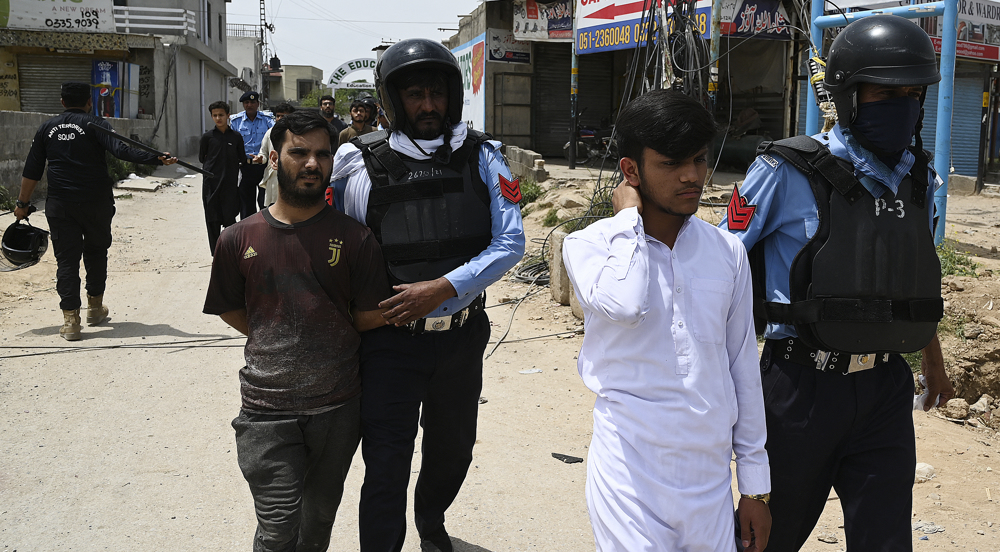
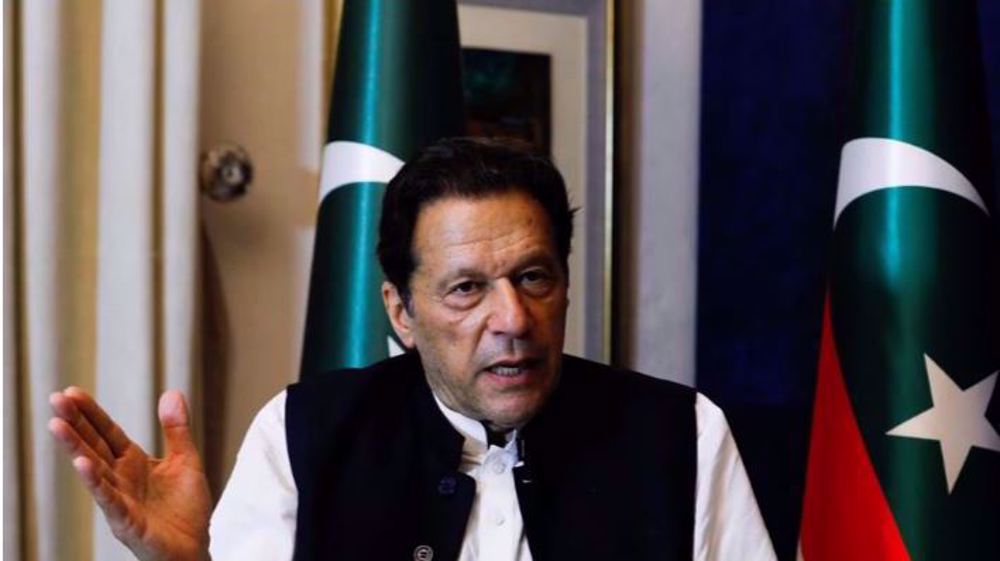
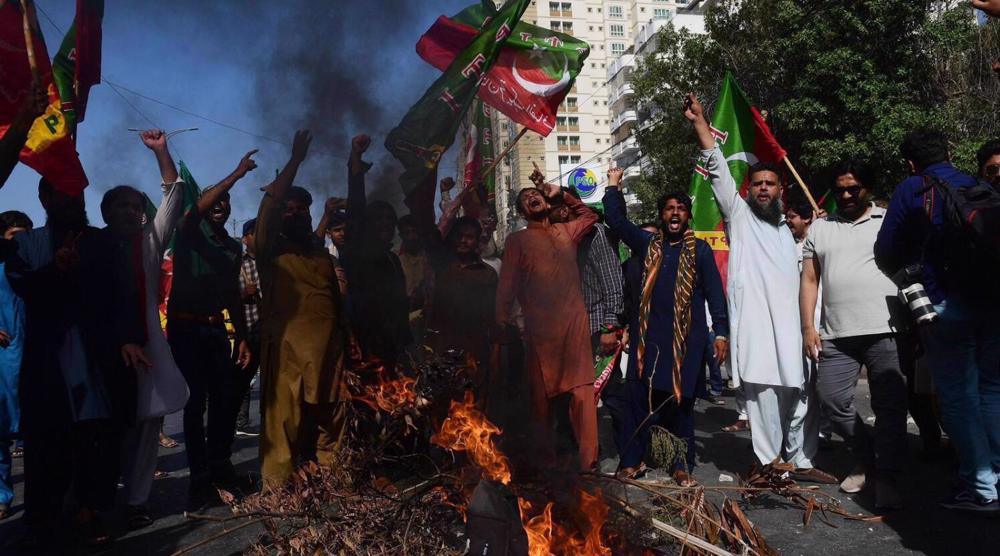
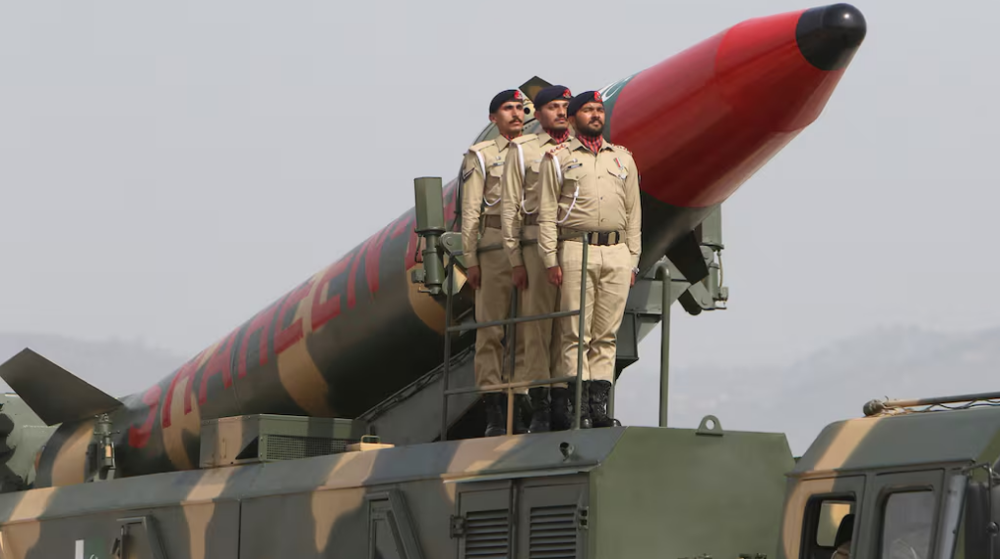

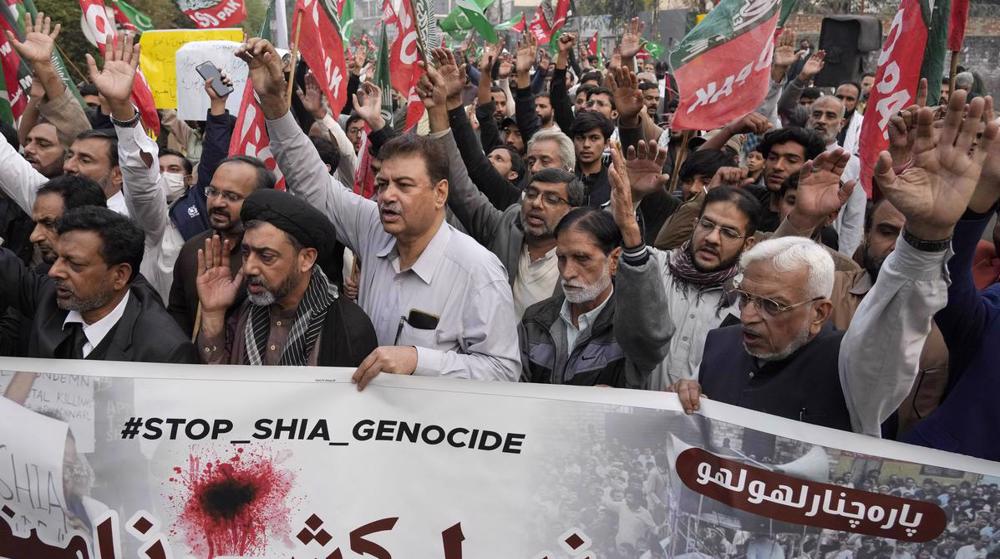



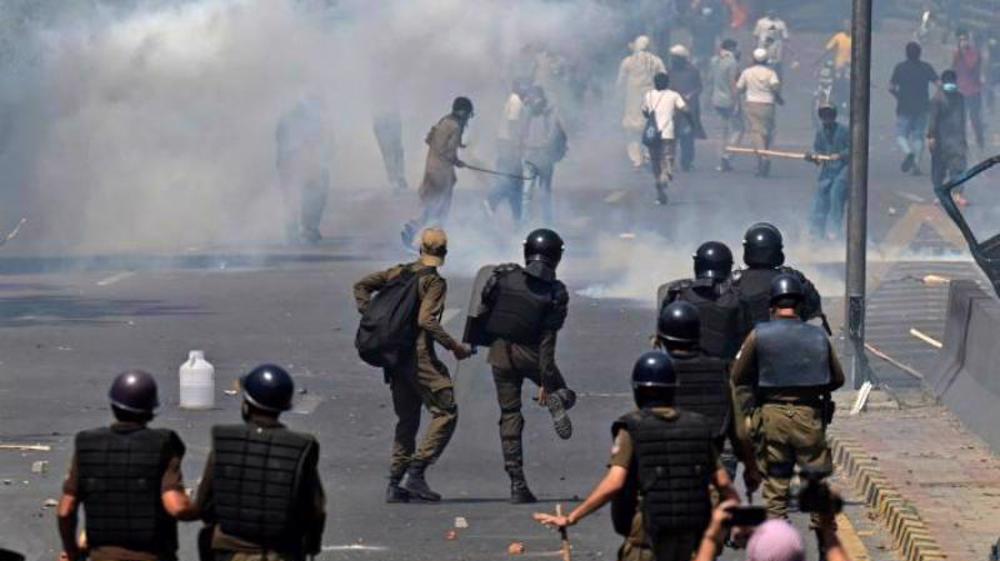
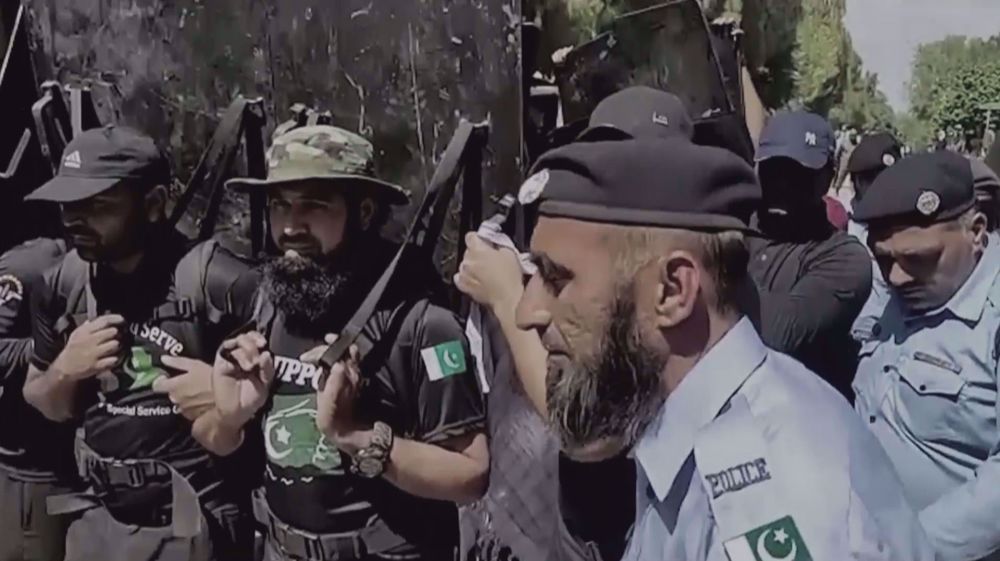

 This makes it easy to access the Press TV website
This makes it easy to access the Press TV website